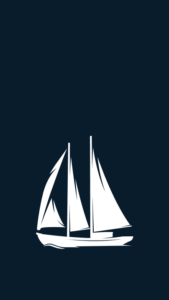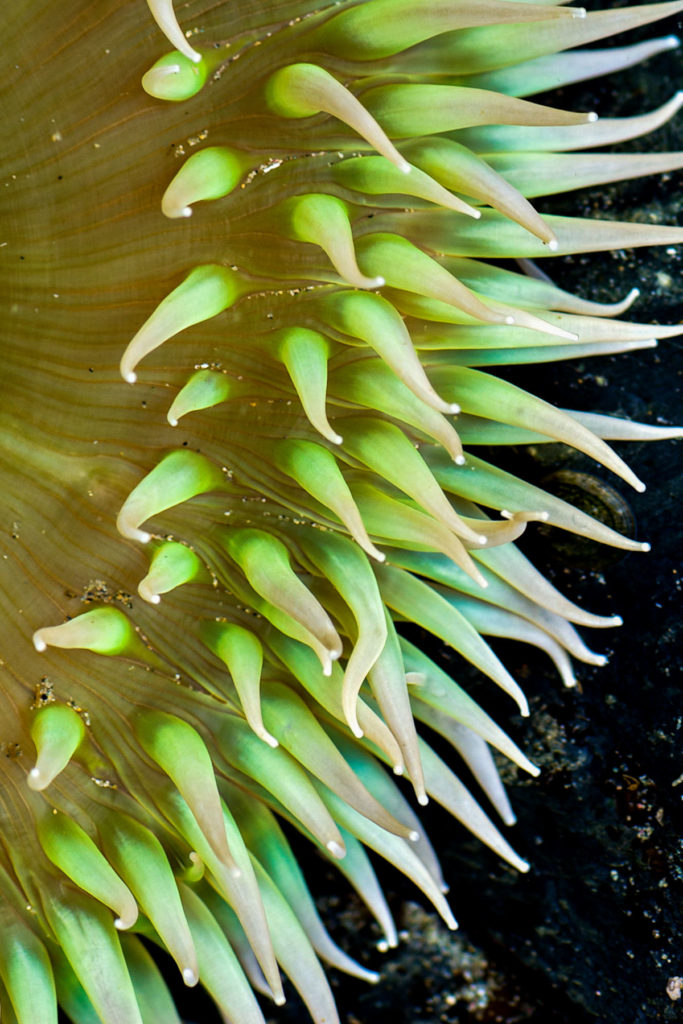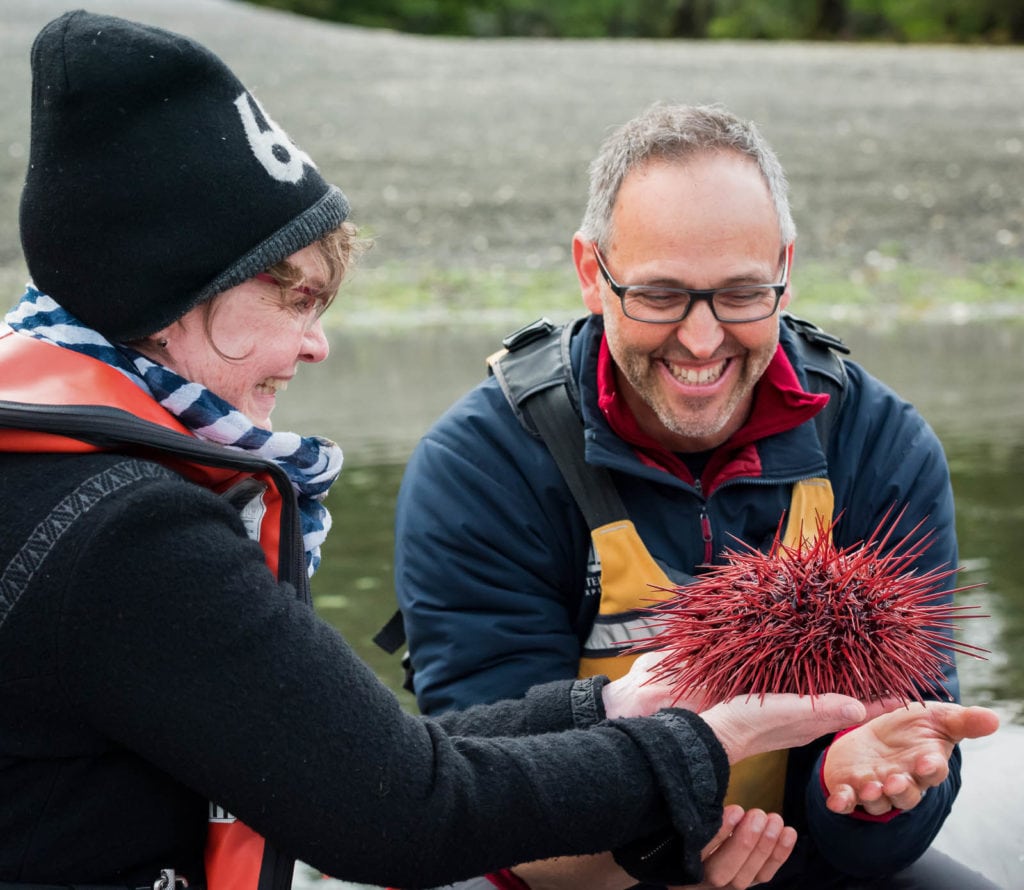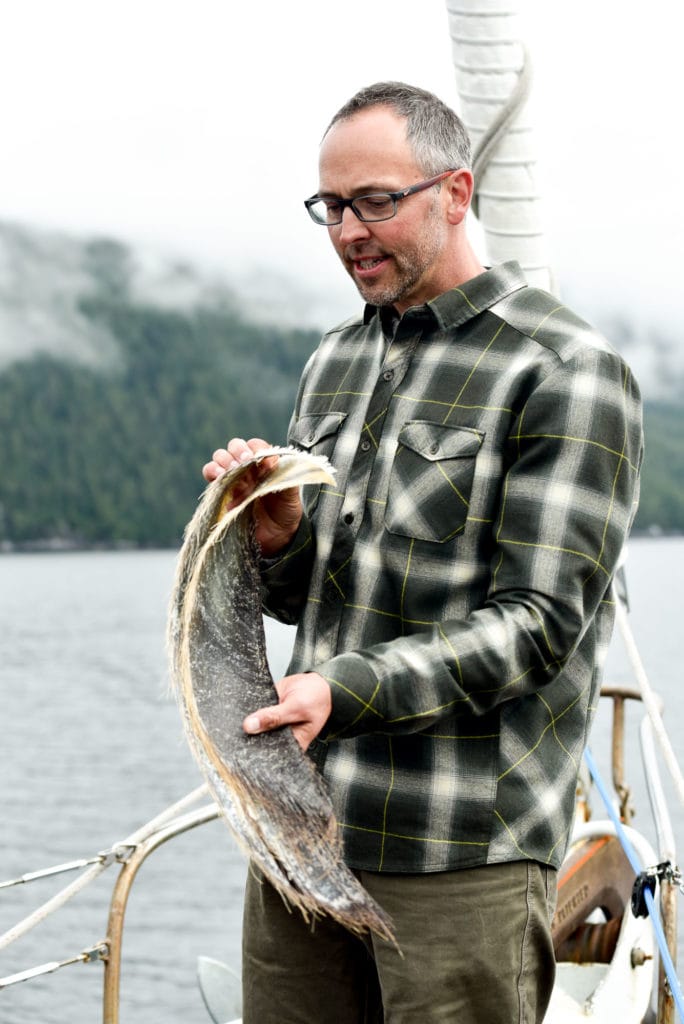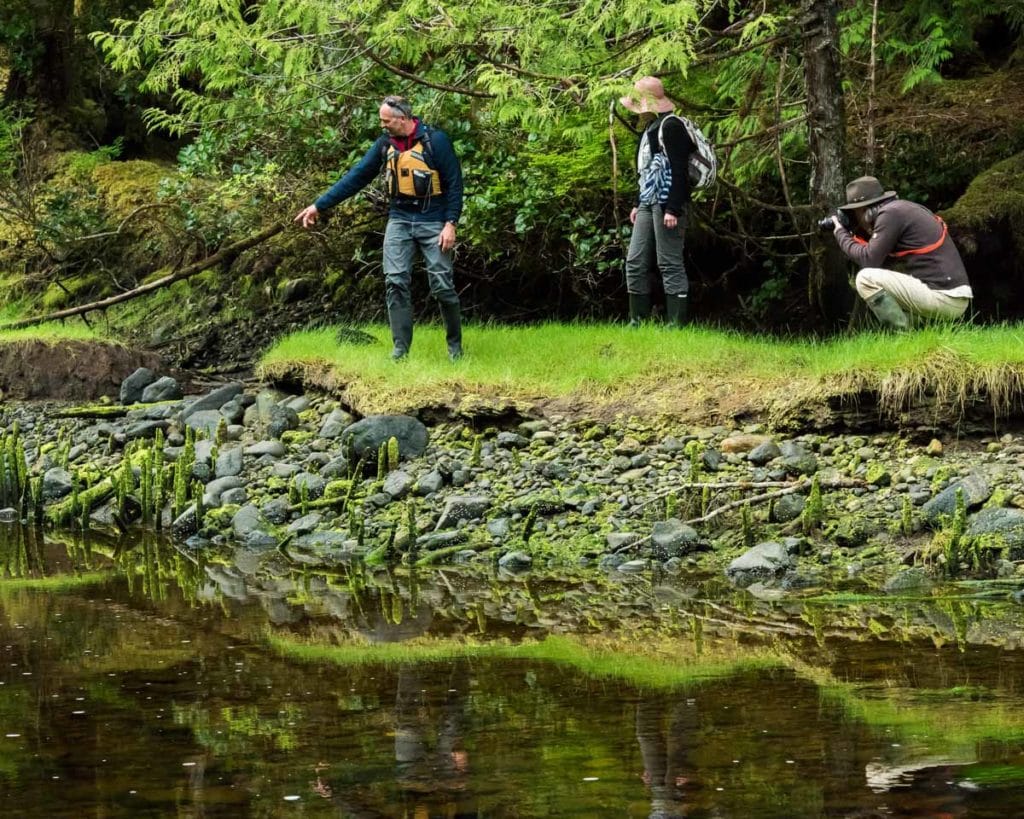We Participate in Citizen-Science Projects
Citizen science is an increasingly popular and valuable way for non-specialists to collect and share important data that contributes to ongoing monitoring and research programs. This approach is becoming especially effective with advances in the technologies that enable the rapid collection and exchange of data. iPhone, iPad, and Android apps are one example.
Because understanding changes to the abundance and distribution of wildlife is crucial to the long-term well-being of our planet, one of the best things that we can do as citizens is to “observe and report” the wildlife we encounter during our expeditions. In 2015, we began using the SpotterPro app (“New age data capture for today’s conservation efforts”). SpotterPro allows our crew and guests to efficiently record the wildlife we encounter, particularly marine mammals, and enter these sightings into a database that will be readily available to conservation and management organizations.
In 2016, Outer Shores became involved in another citizen-science project called the Global Microplastics Initiative, a joint initiative between The College of the Atlantic and Adventurers and Scientists for Conservation. As part of this project, our guests may notice Passing Cloud’s crew collecting seawater samples during our expeditions. It’s all in aid of a new citizen-science project aimed at establishing baseline data on a relatively newly realized environmental threat: microplastics.
Microplastics are any plastic particle 5 mm in size and smaller. Some might be visible to the naked eye, but many are not. Some enter the environment in our trash, but others – particularly those found on clothing, and in cosmetics and other household products – can be casually and invisibly washed down the drain. When they enter the environment, microplastics can leach deadly toxins. They can also enter the food chain when ingested by birds, fish, and marine mammals. And we humans may also be inadvertently consuming them. This data set will eventually help researchers find ways to tackle this emerging environmental threat.
